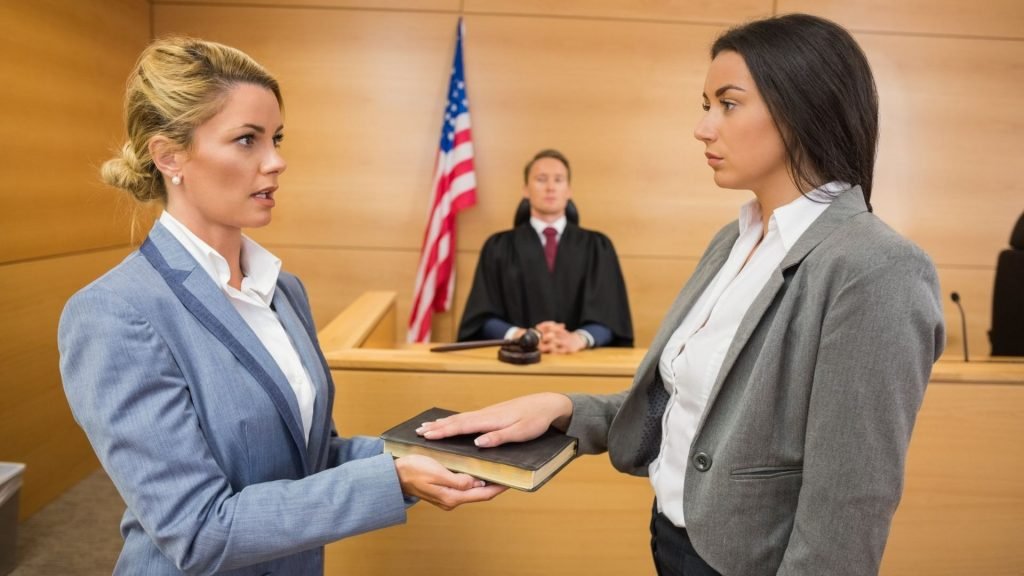Expert witnesses in finance play a crucial role in clarifying complex financial matters during legal proceedings. They provide objective, data-driven insights that help courts, juries, and attorneys understand technical details related to accounting practices, investment strategies, valuations, or regulatory compliance. Their testimony often bridges the gap between intricate financial data and the legal standards required to assess responsibility, damages, or intent in a case.
These professionals are frequently involved in disputes ranging from fraud investigations to contract breaches and banking-related claims. In cases involving financial institutions, banking litigation support becomes essential, as it combines forensic analysis with expert testimony to evaluate transactions, lending practices, and compliance issues. By providing precise and unbiased evaluations, financial expert witnesses help ensure fair and informed legal outcomes in complex financial disputes.
Clarifying Financial Complexity
Financial expert witnesses play a crucial role in translating complex financial data into understandable terms for legal proceedings. Their expertise ensures that critical information from balance sheets, cash flow analyses, and forensic accounting is accurately conveyed, preventing misinterpretations by jurors and other fact-finders. By clarifying financial facts and their implications, expert witnesses enhance the transparency and fairness of trials, particularly in cases such as embezzlement, where they identify anomalies in transaction histories and effectively communicate these findings to the court.
Quantifying Damages in Disputes
Expert witnesses play a crucial role in quantifying damages in disputes by conducting detailed financial analyses that inform courts in determining monetary awards. Their objective testimony assists in evaluating lost business opportunities, reductions in business value, and calculating interest and penalties. This expert evidence not only promotes fair compensation but also affects settlement negotiations before trial.
Credibility and Impartiality: The Core Values
An expert witness’s effectiveness depends on their credibility and perceived impartiality, which are rooted in their experience, advanced education, and unbiased analysis. Their reports should provide balanced interpretations grounded in recognized methods and free from external influence. Any indication of bias can undermine their testimony and affect case results. Courts are increasingly scrutinizing the qualifications, methodologies, and consistency of expert opinions. The expert’s ability to withstand cross-examination calmly and remain focused on the facts is essential for the judicial process.
Influence in Litigation and Settlements
Qualified experts are essential not only during trials but also in guiding the dispute resolution process. Their thorough analyses and reports can motivate parties to reevaluate their stances, often resulting in early settlements or alternative resolutions. Financial experts, in particular, play a vital role in shaping negotiation strategies and offering objective insights that are critical during pre-trial talks and settlement meetings, highlighting the value of expert analysis at every stage of a dispute.
Navigating Challenges and Ethical Concerns
Navigating expert witness challenges involves the issue of “expert shopping,” where parties select professionals who support their narratives, resulting in conflicting testimonies that can complicate court proceedings. Maintaining ethical standards and selecting experts based on credentials and impartiality is essential for preserving the integrity of the judicial process. Judges are increasingly involved in scrutinizing expert witnesses to ensure they are qualified and objective.
Conclusion
Financial expert witnesses are indispensable in modern litigation, providing clarity, accuracy, and objectivity in resolving complex financial disputes. Their capacity to distill intricate data and quantify damages equips courts and parties with the knowledge needed for fair results. The role of the expert witness, underpinned by credibility and ethics, remains central to the equitable administration of justice in financial cases.
